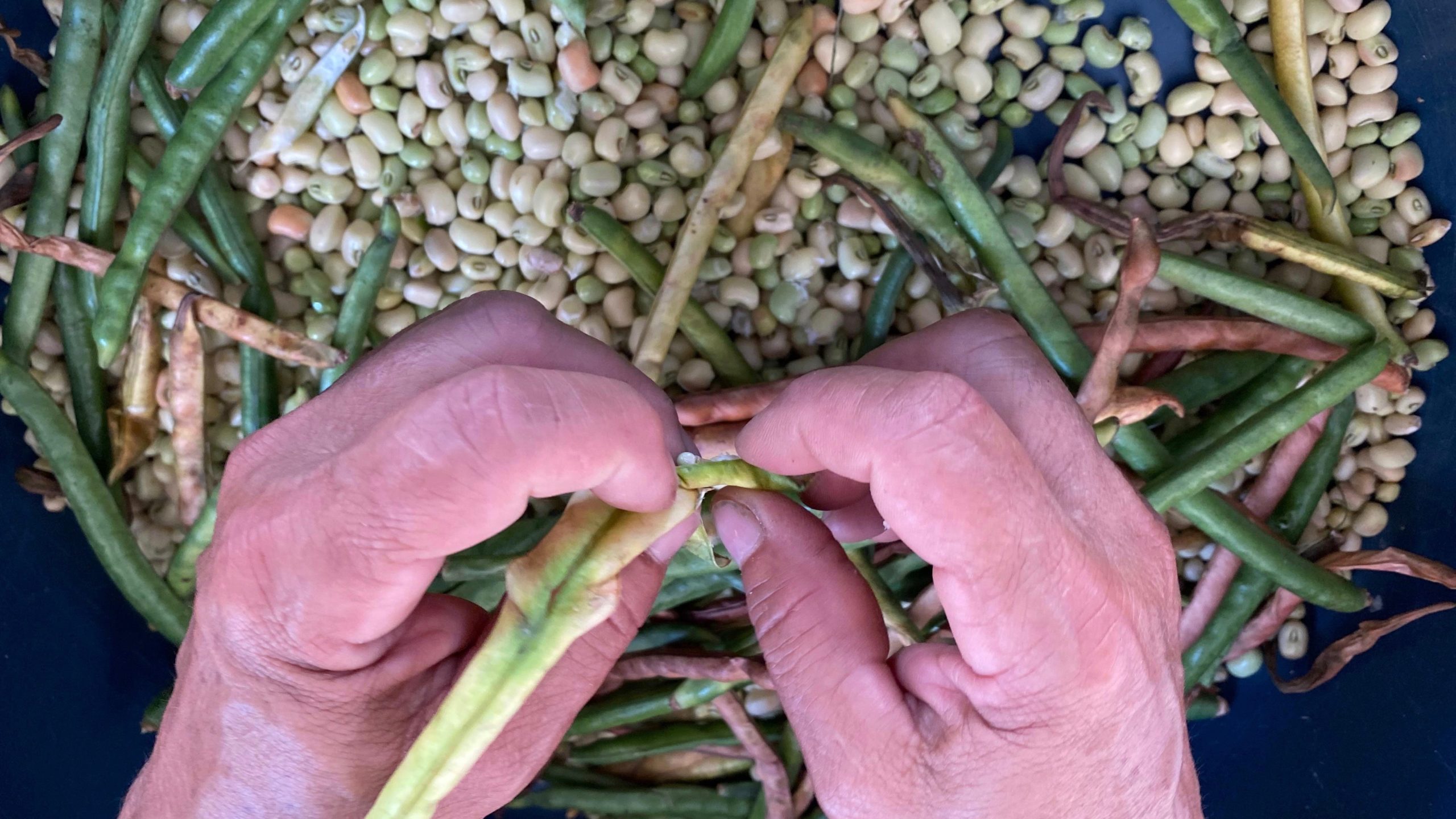During an era marked by the ascent of far-right governments and influenced by a neoliberal economic agenda, addressing malnutrition challenges – including undernutrition and its consequences, as well as overweight/obesity — demands the development of strategies to overcome systemic barriers that prevent countries from ensuring the right to health on the national level. The implementation of such strategies needs to be bulletproof to political changes and instability, as illustrated by some examples in Latin America.
Years ago, Brazil embarked on a journey to eliminate hunger, a mission grounded in addressing the underlying structural factors like economic inequalities and the low investments on family farming that contribute to the perpetuation of this scenario. In 2003, Luis Inácio Lula da Silva’s government launched the Fome Zero (Zero Hunger) Strategy, a set of measures formulated to enhance food accessibility. The program includes, for instance, the National Program to Strengthen Family Farming (PRONAF), the generation of income through the cash transfer program Bolsa Familia, and the Food Acquisition Program (PAA), where the government buys the food produced by family farmers to distribute it among vulnerable families and public buildings, stimulating diversification of crops.
The same year witnessed the revival of the National Council of Food Security (CONSEA), which had previously operated from 1993 to 1995, providing space for community involvement in shaping policies related to nutrition. Two-thirds of the Council’s members are representatives from civil society. In 2010, CONSEA led the civil society movement that culminated in the integration of the right to food into Article 6 of Brazil’s constitution, making it a social right in the country.
The action brought Brazil close to realizing its ambitious goal of eliminating hunger. Data from the Food and Agriculture Organization (FAO) shows that between 2003 and 2009, the number of people living in poverty in Brazil decreased by 20 million and the prevalence of undernourishment in the total population decreased from 6.5 in 2004 to below 2.5 in 2020. According to data from the Brazilian Institute of Geography and Statistics (IBGE), infant mortality dropped from 27.36% in 2000 to 17.56% in 2008.
Similarly, a report from the Brazilian Research Network on Food and Nutrition Sovereignty and Security (PENSSAN) shows that moderate and severe food insecurity decreased from 21.5% in 2004 to 10.3% in 2013, when it achieved its lowest level. In 2014, FAO declared that Brazil “achieved both the Millennium Development Goal target of halving the proportion of its people who suffer from hunger and the more stringent WFP target of reducing by half the absolute number of hungry people.” Therefore, the country was removed from the world hunger map.
But while the country has attained noteworthy accomplishments, sustaining them over the past two decades has been challenging. The political uncertainty that took hold in Brazil post-2014 strained the nation’s ability to maintain momentum in its nutritional advancement efforts. The economic crisis in 2014, followed by Dilma Rousseff’s impeachment in 2016, paved the way for the reinforcement of austerity measures by the Michael Temer administration. With Jair Bolsonaro assuming power, specific measures from the Fome Zero strategy were dismantled, revealing the vulnerability of these initiatives. Added to that, the COVID-19 pandemic hit the country, bringing loss of life and negatively impacting the economy.
Read more: ‘Brazilians are hungry because they have no income, not because of a lack of production’: João Pedro Stedile
Under Bolsonaro’s administration, CONSEA was dissolved and the Brazilian Institute of Environment and Renewable Natural Resources (IBAMA) saw its influence diminished. The cistern program designed to provide water access to family farmers was halted, and regulations pertaining to pesticides, genetically modified seed usage, and packaging of ultra-processed products were loosened.
In 2020, the Brazilian Ministry of Agriculture, in an action coordinated by the food industry, proposed an alteration to the Brazilian food guidelines. The United Nations and FAO have recognized these guidelines as one of the most comprehensive dietary guides in the world, given the innovative approach that defines groups of food according to the level of processing. Additionally, Brazil’s guidelines were written to be easily understandable, stimulate the consumption of non-processed food as the basis of the diet, and recognize eating as a social experience. This guide was used as a model for countries such as Canada, France, Uruguay, Peru, and Ecuador.
The proposed modification in 2020 aimed to reclassify the position of ultra-processed foods – which are described as a sort of food to be avoided – in the population’s diet. This alteration was greatly opposed by the international academic community that took the initiative to write a letter rejecting the ministry’s arguments, signed by 33 academics from different countries, which ultimately prevented its adoption.
Upon Lula’s return to office in 2023, several of the previous measures were reinstated. Initiatives such as CONSEA and the Cistern program were reactivated, while IBAMA regained its authority in environmental protection. However, Brazil currently has 30.7% of its population grappling with moderate or severe food insecurity. Since 2022, the country has once again found itself on the hunger map, underscoring that substantial work remains to be done in order to recapture the level of progress achieved by 2014.
The lessons gleaned from recent years underscore the potency of grounded structural measures within the country’s legislative framework in combating hunger. Yet, equally crucial are the reinforcement of oversight bodies, the cultivation of independent research networks, and the vitality of social movements. These elements collectively safeguard nutritional advancements regardless of the country’s political circumstances.
Mariana Lopes Simoes is a Global Health researcher focused on nutrition related policies and strategies
People’s Health Dispatch is a fortnightly bulletin published by the People’s Health Movement and Peoples Dispatch. For more articles and to subscribe to People’s Health Dispatch, click here.





